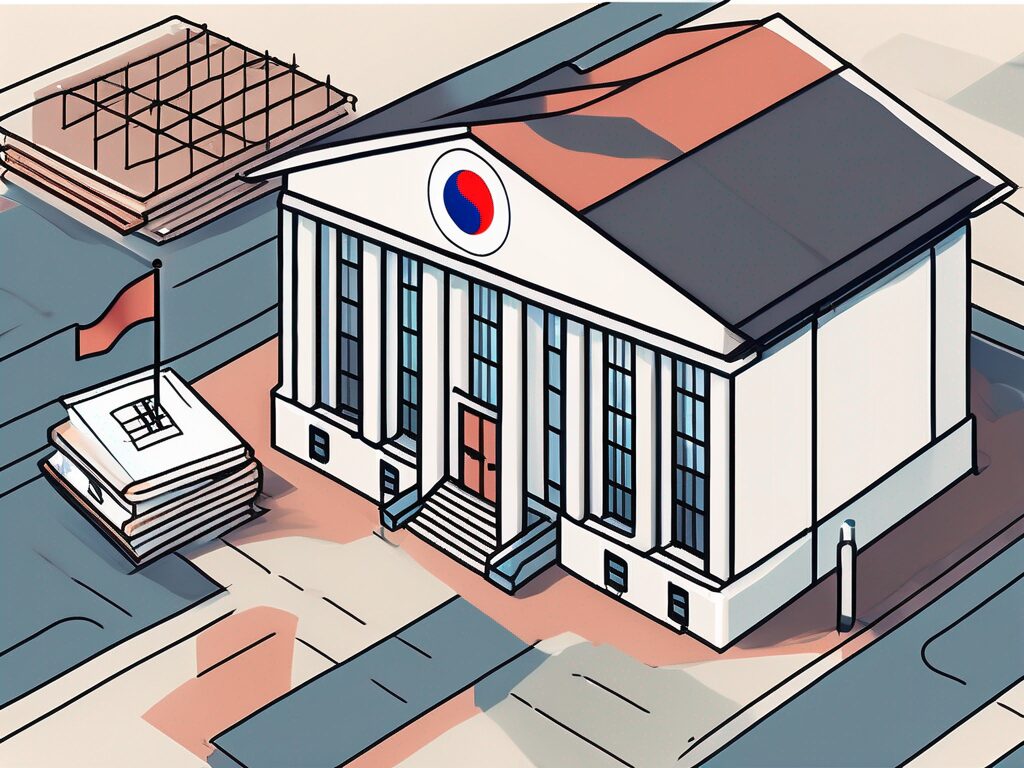South Korea, often hailed as an education powerhouse, has a unique and robust education system. This system is significantly shaped by the government’s policies, which have a profound impact on the quality, accessibility, and structure of education in the country. In this exploration, we’ll delve into the various government policies that have influenced education in South Korea, and how they have shaped the country’s educational landscape.
The Evolution of Education Policies in South Korea
South Korea’s education policies have evolved significantly over the years, reflecting the country’s socio-economic changes and global trends. Let’s take a trip down memory lane and explore the evolution of these policies.
Post-War Education Reforms
After the Korean War, the South Korean government initiated a series of education reforms aimed at eradicating illiteracy and fostering a skilled workforce. These policies laid the foundation for the country’s universal primary education system, similar to the UK’s primary school system, and focused on vocational training to meet the country’s industrialisation needs.
These early policies were instrumental in shaping South Korea’s education system, setting the stage for the high educational attainment levels we see today. They’re a bit like the roots of a tree, providing the necessary support for the tree to grow and thrive.
Educational Expansion and Equalisation Policy
In the 1970s and 1980s, the government implemented policies to expand and equalise educational opportunities. These policies led to the establishment of more schools and universities, and the introduction of the Equalisation Policy, which aimed to provide equal educational opportunities for all students, regardless of their socio-economic status.
Think of this phase as the growth of the tree, with new branches sprouting and leaves unfurling. Just as a tree needs sunlight and water to grow, these policies provided the necessary resources for the education system to expand and flourish.
The Impact of Current Education Policies
Now that we’ve looked at the historical context, let’s examine the impact of current education policies in South Korea. These policies continue to shape the education system, influencing everything from curriculum design to student wellbeing.
Curriculum Reforms
South Korea’s curriculum has undergone several reforms in recent years, with the government introducing policies to promote creativity and critical thinking, much like the changes seen in the UK’s National Curriculum. These reforms aim to move away from the traditional rote learning approach and towards a more holistic education model.
These changes can be likened to pruning a tree. Just as pruning helps a tree grow healthier and more productive, these curriculum reforms are designed to enhance the quality of education and better prepare students for the future.
Student Wellbeing Policies
The South Korean government has also implemented policies to improve student wellbeing. These include reducing study hours, promoting physical activity, and implementing mental health programmes. These policies aim to address the high levels of stress and competition in the education system, which have been likened to the pressures faced by students in high-performing education systems like Singapore.
These policies are akin to providing a tree with the right nutrients. Just as a tree needs a balanced diet to stay healthy, students need a balanced education that promotes both academic achievement and wellbeing.
The Future of Education Policies in South Korea
Looking ahead, the South Korean government is likely to continue refining its education policies to meet the changing needs of students and society. Let’s explore some of the potential future directions for these policies.
Emphasis on Lifelong Learning
With the rise of the Fourth Industrial Revolution and the increasing pace of technological change, there’s a growing emphasis on lifelong learning. The government is likely to introduce policies to promote continuous learning and upskilling, similar to the UK’s focus on adult education and lifelong learning.
Think of this as a tree adapting to changing seasons. Just as a tree needs to adapt to survive, the education system needs to evolve to prepare students for the future.
Greater Focus on Inclusive Education
There’s also likely to be a greater focus on inclusive education, with policies aimed at ensuring all students, including those with special educational needs, have access to quality education. This is in line with global trends towards more inclusive education systems, as seen in countries like Canada and Australia.
This can be compared to a tree providing shelter and habitat for various creatures. Just as a tree plays a crucial role in supporting biodiversity, an inclusive education system plays a vital role in fostering a diverse and inclusive society.
In conclusion, government policies have played a pivotal role in shaping education in South Korea, from the post-war education reforms to the current focus on student wellbeing and curriculum reforms. As we look to the future, these policies are likely to continue evolving, reflecting the changing needs of students and society. Just as a tree grows and adapts over time, so too does the education system, shaped by the guiding hand of government policies.
Empower Your Educational Journey with IPGCE
As South Korea continues to refine its education policies, educators worldwide are recognizing the importance of staying ahead in an ever-evolving educational landscape. If you’re an educator aiming to enhance your qualifications, overcome career progression barriers, and connect with a global professional community, the International Postgraduate Certificate in Education (iPGCE) is your gateway to success. With the iPGCE, you can expect a significant boost in interview callbacks, promotion rates, and salary potential. Embrace the opportunity to deepen your understanding of global education systems and enjoy the flexibility of online study tailored to your busy schedule. Don’t let inadequate credentials limit your potential. Join the UK’s #1 Teacher Training Course today and transform your educational career.

